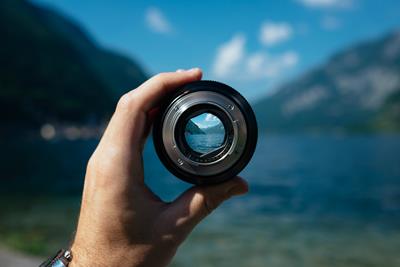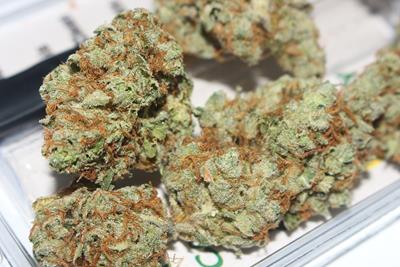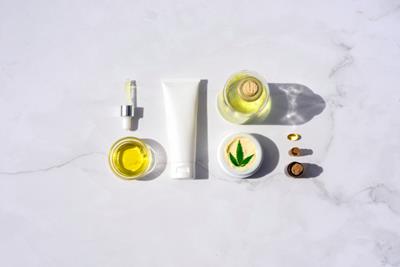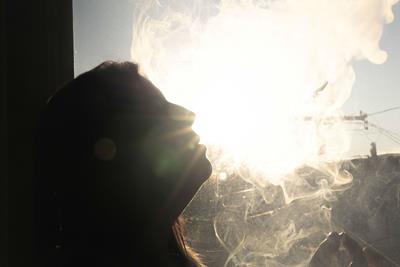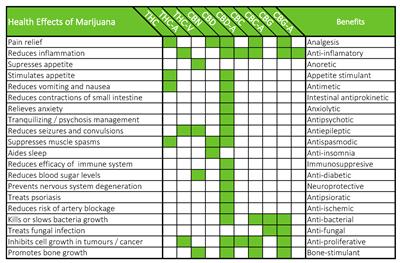
Sunday December 6, 2020
By Erin Hiatt
 Health/Science
Health/Science
Have you ever gotten really excited about starting something new for your health, something like a new diet or vitamin supplement only to realize a few weeks or so later you’ve got that, “meh - I’m good” feeling? Join the club. Americans spend $35 billion a year on vitamins and minerals, and this number doesn’t take into account the massive amounts of money spent on the non-intoxicating cannabinoid darling, CBD.
Already valued at a market size of $7.1 billion (according to 2019 figures), cannabis pros and newcomers alike praise CBD for its ability to help with insomnia, pain, anxiety, and inflammation.
But let’s say you’ve bought some CBD tinctures, then half a year goes by before you realize that you haven’t touched those capsules or tincture you bought in months. Before giving them a second chance, are they still good? Or what if you’ve bought a whole bottle of CBD oil, only to use a few drops a day to help you sleep? It could sit half-consumed on your shelf for literally years. It certainly begs the question: Does CBD go bad?
The Shelf-Stability of CBD
To cut to the chase, the answer is yes, CBD can go bad. As with any other vitamin or supplement, there is a “best by” date, and it’s there for a reason. Like all cannabinoids, CBD’s chemical structure will degrade eventually. Nonetheless, there are a few things to look for when buying CBD that will help you pick a product that will last longer than a few months.
How the product is extracted may play an important role in product quality and stability. When it comes to CBD, methods which preserve the cannabinoids with as little adulteration as possible are preferable. Solventless options may be a good bet then, or CO2 extraction. While hydrocarbon extracts may have their place, the thinking goes that preserving the chemical integrity of the plant, and thus its natural compounds, will stave off degradation a bit longer.

Much like THC, light and heat will also play a large factor in the rate of chemical reactions of CBD. Other factors to consider are non-cannabis-derived ingredients like flavoring or carrier oils. The CBD product in its entirety is only good for as long as the additive with the shortest shelf life. Oils, edibles, and the like will all have some form of additive, and many times, the race against the clock isn’t directly related to CBD content.
If the CBD starts to change color or appears darker, cloudy or murky, that could be a sign that it’s starting to go bad. A change in smell or taste is another signal. There is no current data that shows consuming CBD past its expiration date will harm consumers, however, it does degrade into a compound called a quinone. While not much study has been done on the unique quinone derived from CBD, the loss of CBD will reduce the efficacy of the product, so you’re definitely not receiving its full benefits.
Keeping Your CBD Fresh
There are a few things you can do to make sure your CBD has a long shelf life. One rule that applies to purchasing CBD generally is to buy from a company you know and trust, where the COA (certificate of analysis) is readily available and customer service folks are at the ready. Better yet, buy from your local, legal dispensary, where quality control and lab results are a mandatory part of doing business.

When purchasing CBD, look for products in dark bottles (green is said to work best) to mitigate sunlight from degrading cannabinoids. Once home, be sure to store it in a cool, dry place - between 60 and 70 degrees Fahrenheit. A drawer, cabinet or cupboard away from windows, heaters, or radiators makes for a good spot. To minimize the amount of time that the product is exposed to air, and return lids or caps to unopened bottles promptly and tightly.
By following these guidelines, your CBD could last for up to two years, which will ultimately save you both time and money.
How long do you keep your CBD products for? Let us know in the comments!
Photo Credit: R+R Medicinals (license)




